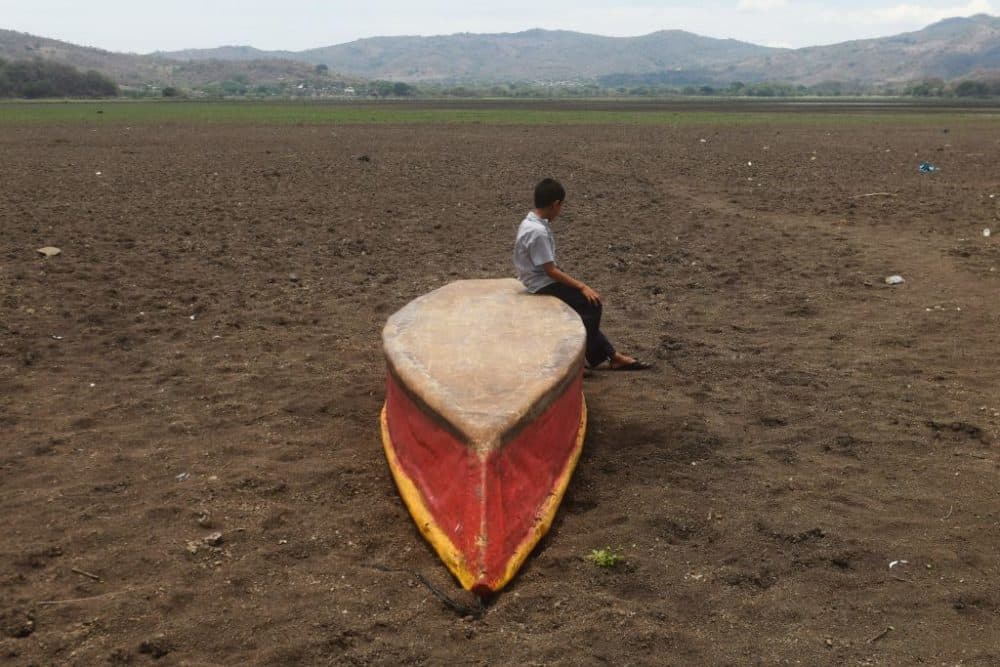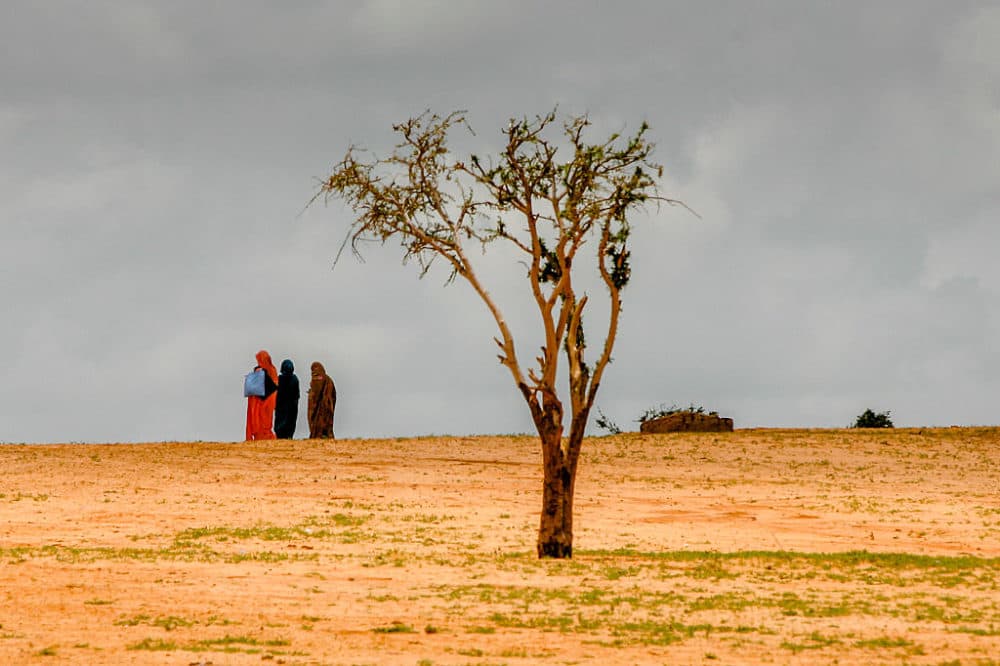Advertisement
Commentary
5 Steps Biden Can Take To Protect Climate Migrants

Nearly 25 million people were displaced in 2019 because of natural disasters linked to climate change, including superstorms, hurricanes, floods and droughts. An estimated 48 Pacific islands are at risk of disappearing from the rising sea level by 2100, while desertification and environmental degradation push millions of people to move every year.
On his first day in office, President Joe Biden signed six executive orders on immigration and two on climate change, including ending the travel bans, defending DACA, stopping construction of the border wall and rejoining the Paris climate agreement. These are welcome steps. President Biden could also be the first U.S. president to prioritize action on climate migration.
There are few legal protections for individuals and communities threatened by climate change, but the Biden administration can change this. Trump’s abysmal record on migration and climate means there is a lot to be done — and many things can be done quickly through executive action. Here are five, for starters.

1. Sign the Global Compact for Migration. The Trump administration refused to sign the 2018 Global Compact, which is regarded as the most encompassing and widely endorsed international agreement on migration. While previous climate agreements have mentioned climate migration in passing, the Global Compact for Migration is the first international agreement on migration that directly recognizes climate change as a structural factor. The agreement also advocates for more foreign aid to address climate change in the country of origin, to prevent climate displacement before it occurs. Biden should sign the Global Compact to signal a break from Donald Trump’s xenophobia and nationalism, and to embrace America’s traditional image as a nation of immigrants.
Importantly, the Global Compact is not legally binding (so it doesn’t need to be ratified by the U.S. Senate) but it provides a broad, international framework for states to coordinate on migration.
The compact also set the first-ever International Migration Review Forum for 2022 — the Biden team should fully engage in the preparatory process and set high goals for climate migration at the meeting.
2. Extend Temporary Protected Status (TPS). TPS is one of the best policy tools for protecting climate migrants: for example, TPS was granted in 1999 to people displaced after Hurricane Mitch devastated Nicaragua and Honduras. Over the last four years, the Trump administration has tried to end TPS again and again. But three U.S. district courts temporarily blocked Trump — forcing the Department of Homeland Security (DHS) to extend TPS by nine months for El Salvador, Haiti, Nicaragua, Sudan, Honduras and Nepal.
On Wednesday, Biden restored Deferred Enforced Departure (another form of temporary protection) for Liberians. He should also extend the current designations of TPS and promise to expand their use to protect those displaced by natural disasters. Once confirmed, Alejandro Mayorkas, Biden’s nominee for DHS Secretary, will have the power to extend the deadline for TPS (perhaps indefinitely) and to apply the protections to other countries experiencing climate displacement. In a positive sign, Biden’s proposed immigration bill would allow TPS holders to apply for green cards and eventually citizenship. This would be a huge change.
3. Prevent deportations to disaster zones. Stephen Miller, Trump’s senior advisor, shepherded a barrage of rule changes that did not need Congressional approval to gut U.S. immigration and asylum policy. Biden can rescind these policies immediately and issue a new set of policies to expand protections for climate-displaced people.
TPS only prevents deportation back to a few designated countries where massive disasters are affecting the entire country. One simple rule change would be to explicitly prevent the deportation of climate-displaced people back to any disaster zones, including localized disasters rather than just whole countries. By revising the policy guidance, asylum officers could apply this protection when reviewing individual cases that include climate displacement and natural disasters.

4. Reinstate migration and development aid. Continuing his transactional approach to diplomacy, Trump temporarily cut foreign aid to Guatemala, Honduras and El Salvador, which, ironically, was meant to help displaced people stay in the region rather than come to America. This $450 million aid provided job opportunities, invested in sustainable farming, and supported communities to become more resilient to climate change. Without the aid, people are more likely to migrate to the United States.
Biden announced an ambitious plan to fund $4 billion aid to Central America to address the root causes of migration. His administration should also increase funding for other countries experiencing climate displacement in line with the strategy embedded in the Global Compact for Migration. Additionally, Biden should embrace multilateral initiatives, like the UN Migration Multi-Partner Trust Fund or the Green Climate Fund, that bundle funding for a larger impact and more accountability.
5. Make climate displacement a priority at COP26. The annual UN climate summit was canceled in 2020 because of the COVID-19 pandemic, but there is renewed optimism for the next summit. Biden’s climate team should put climate displacement at the top of the agenda for COP26 in November 2021.
The most ambitious issue for the UN summit is to give climate-displaced people rights. What rights do individuals and communities have if they are forced to leave their homes because of rising sea levels or environmental degradation? How should the international community support “migration with dignity” as some small Pacific island states have advocated for? These are complex questions and solving them will be a long process, but COP26 in November will be an opportunity to lay the groundwork for future rights-focused negotiations.
Biden should seize the post-Trump moment when he has strong public support for reform of migration and climate policy. These five executive actions — none of which require the approval of Congress — are a good place to start.
